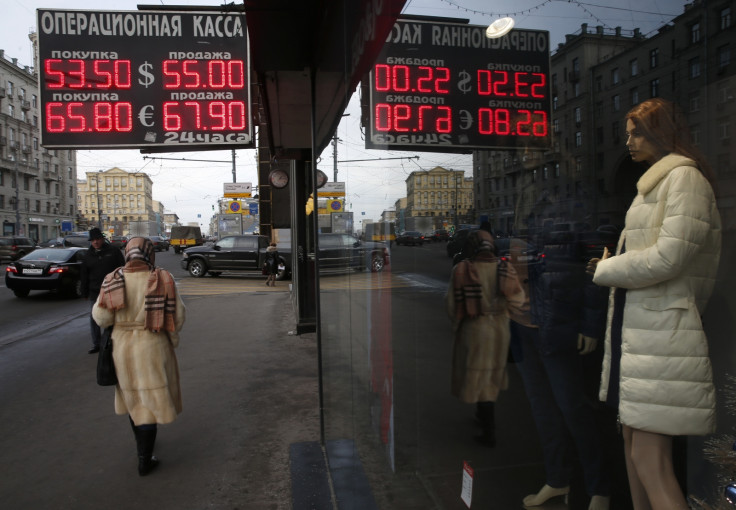Russian ruble: Reports of its death are greatly exaggerated

Everywhere I look I see the words 'Ruble collapse', but, for me, that's not an accurate description. It's kind of an exaggeration. Yes the value of the ruble has depreciated significantly, mainly because of its tight link to the price of commodities, especially oil, because we are currently in an export-reliant community. But there is no collapse.
The Russian economy is more resilient than people think. Factories and businesses are still working, and the banks are still providing loans – maybe the loans are smaller and more expensive, but they are still being issued. Firms are already putting their emergency policies in place, but I expect them to revert to normal as the situation stabilises.
While the value of our exports has declined, the value of our imports has fallen as well, so the balance of our current account is becoming even better. It is a commonly-known effect of a significant local currency depreciation.
As for the talk of a bank run - well, if this was going to happen, you would already see certain activity, and we're not seeing it in Russia. There is some frenetic pre-Christmas buying in our shops, which in a sense is amplified by depreciation, but I don't see any visible sign of bank run.
The Russian economy is more resilient than people think. Factories and businesses are still working, and the banks are still providing loans
As a consequence of the ruble depreciation, and the interest rate spike, the quality of bank assets has fallen and they need to find additional capital to cover potential losses, either from private shareholders or from the state. We already have commitments, at least from the state, to address the problem.
There is a kind of a monetary squeeze, primarily because of capital outflow. To compensate the effect of this, the Russian Central Bank and the Government should use all available monetary and budgetary tools.
Mr Putin's speech this morning has received a lot of criticism from the West, but I thought he was convinced, he was sure, he had belief. The whole speech was clear and precise. People say there were no concrete measures in there, but it wasn't about presenting a programme, it was about talking to the audience and giving a message.
Eventually the depreciation will reverse, and stability will return to the Russian economy. The timeframe depends very much on the oil prices; personally I think it will take between a year and a year and a half to get back on track. For now it's time to restructure the economy, find the appropriate substitutes for food groups and key services, and improve or establish new links to the east.
Konstantin Korishchenko was previously the deputy head of Russia's central bank, and is one of the country's most respected economists. He is currently Professor at the Russian Academy of National Economy and Public Administration.
© Copyright IBTimes 2025. All rights reserved.






















